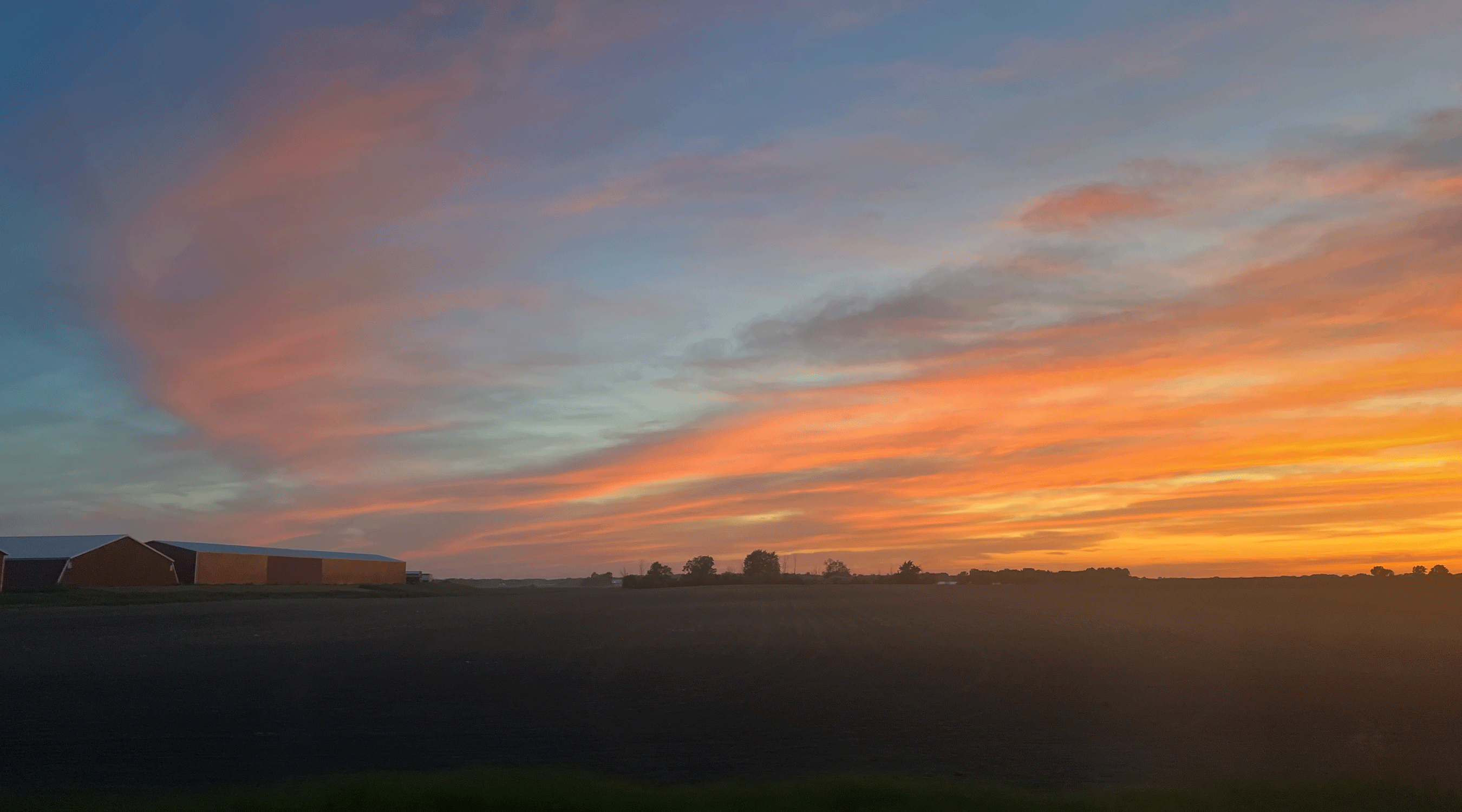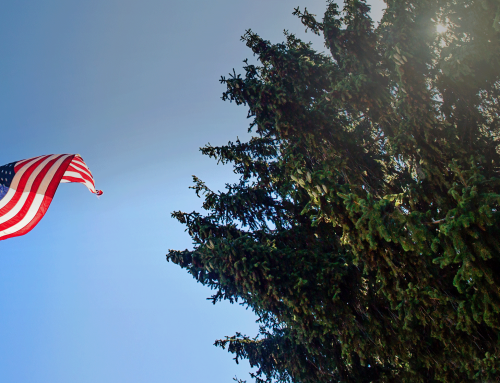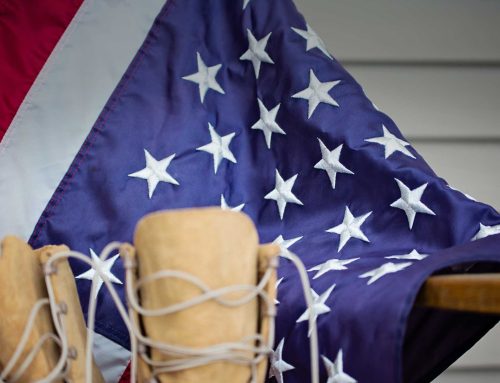BOARD OF COMMISSIONERS
Shall not be infringed
Published June 10, 2023
Written by Adams
Photography by Simply American
“The Constitution of most of our states (and of the United States) asserts that all power is inherent in the people; that they may exercise it by themselves; that it is their right and duty to be at all times armed.” — Thomas Jefferson, letter to John Cartwright, June 5, 1824
Just One Sentence
The Second Amendment is just one sentence long, 27 words that barely fill a full line in the Bill of Rights:
“A well regulated Militia, being necessary to the security of a free State, the right of the people to keep and bear Arms, shall not be infringed.”
This amendment has been the source of contentious debate for decades.
The core of the debate is whether the amendment protects the right of private individuals to keep and bear arms, or whether it instead protects a collective right that only should be exercised in a military force organized and supervised by the government.
Those who argue that the right to bear arms only should be given to organized groups, also hold that the Founders never meant for the Second Amendment to protect the rights of the individual.
This same debate came to the podium at the most recent Ottawa County Board of Commissioners meeting, Tuesday, May, 23, 2023.
The commissioners voted on a resolution to become a Constitutional County. The resolution mentioned a few of the amendments, but truly stood for the Constitution as a whole. Even so, the night’s public comments zeroed in on the Second Amendment.
The Founding Fathers were quoted by commenters from both sides of the argument—as though the Founders’ words were up for interpretation.
Were the Founding Fathers unclear?
The Second Amendment Isn’t Our Only Clue
Our Founders not only gave us the Second Amendment, they also left behind a great deal of writings which outline the purpose of the Second Amendment.
“A free people ought not only to be armed, but disciplined…” — George Washington, First Annual Address to both the Senate and the House of Representatives, January 8, 1790
“No free man shall ever be debarred the use of arms.” — Thomas Jefferson, Virginia Constitution, Draft 1, 1776
“The laws that forbid the carrying of arms are laws of such a nature. They disarm only those who are neither inclined nor determined to commit crimes… Such laws make things worse for the assaulted and better for the assailants; they serve rather to encourage than to prevent homicides, for an unarmed man may be attacked with greater confidence than an armed man.” — Thomas Jefferson, Commonplace Book (quoting 18th century criminologist Cesare Beccaria), 1774–1776
“They that can give up essential liberty to obtain a little temporary safety deserve neither liberty nor safety.” — Benjamin Franklin, Historical Review of Pennsylvania, 1759
Large Standing Armies Were Dangerous Threats To Liberty
During the Revolutionary War, many people in America believed governments used soldiers to oppress the people—especially when controlled by authoritarian governments who sought to disarm the general population. The Founders knew this too.
“To disarm the people… is the most effectual way to enslave them.” — George Mason, referencing advice given to the British Parliament by Pennsylvania Governor Sir William Keith, The Debates in the Several State Conventions on the Adoption of the Federal Constitution, June 14, 1788
“Before a standing army can rule, the people must be disarmed, as they are in almost every country in Europe. The supreme power in America cannot enforce unjust law by the sword; because the whole body of the people are armed and constitute a force superior to any band of regular troops.” — Noah Webster, “An Examination of the Leading Principles of the Federal Constitution,” October 10, 1787
“This may be considered as the true palladium of liberty… The right of self-defense is the first law of nature: in most governments it has been the study of rulers to confine this right within the narrowest limits possible. Wherever standing armies are kept up, and the right of the people to keep and bear arms is, under any color or pretext whatsoever, prohibited, liberty, if not already annihilated, is on the brink of destruction.” — St. George Tucker, William Blackstone’s Commentaries on the Laws of England, 1803
What Is A “Well-Regulated Militia?”
According to the article “The Well-Regulated Militia” from The Heritage Foundation, “Despite a common suggestion that the militia exists today only in the form of the National Guard, the modern militia exists today in the same place it did in 1791—in the body of the people trained to use firearms.”
“Under federal law (10 US Code 246),” the article continues, “the citizenry is divided into two subsets: the ‘organized militia,’ composed of the National Guard, and the ‘unorganized militia,’ composed of all able-bodied males between the ages of 17 and 45. Every state has statues that, in a similar manner, either explicitly or implicitly divide its militia into an ‘organized’ and ‘unorganized’ component, with the unorganized militia being drawn far more broadly from the greater body of the people.”
The Heritage Foundation’s description of a well-regulated militia is consistent with that of the Founders.
“A militia when properly formed are in fact the people themselves… and include, according to the past and general usuage of the states, all men capable of bearing arms… To preserve liberty, it is essential that the whole body of the people always possess arms, and be taught alike, especially when young, how to use them.” — Richard Henry Lee, Federal Farmer No. 18, January 25, 1788
“The right of the people to keep and bear arms shall not be infringed. A well-regulated militia, composed of the body of the people, trained to arms, is the best and most natural defense of a free country.” — James Madison, I Annals of Congress 434, June 8, 1789
“What, Sir, is the use of a militia? It is to prevent the establishment of a standing army, the bane of liberty… Whenever governments mean to invade the rights and liberties of the people, they always attempt to destroy the militia, in order to raise an army upon their ruins.” — Rep. Elbridge Gerry of Massachusetts, I Annals of Congress 750, August 17, 1789
Public Comment: Let The Courts Handle Interpretation
“The Constitution is clear about the Supreme Court interpreting the laws of the land,” one commenter said, “including Articles 1 and 2 of the Bill of Rights. Don’t play Supreme Court. Stick to the job you’re supposed to do.”
Gun control advocates love to forget District of Columbia v. Heller from 2008, where the Supreme Court recognized that the Second Amendment protects an individual’s right to bear arms. The Heller ruling simply says the government cannot enforce laws that prevent (most) Americans from possessing commonly used weapons in their homes for self-defense.
Representing a five-member majority, Justice Antonin Scalia’s opinion is that the amendment refers to “the right of the people.” When that language is used elsewhere in the Bill of Rights, it plainly means a right that belongs to every individual.
The Founders Were Clear
“The Constitution shall never be construed to prevent the people of the United States who are peaceable citizens from keeping their own arms.” — Samuel Adams, Massachusetts Ratifying Convention, 1788
When the Second Amendment was written, the idea was widely understood that Americans had an individual right to possess arms for defense of both themselves and the state.
Ottawa County For “We The People”
“… [T]he ultimate authority, wherever the derivative may be found, resides in the people alone…” — James Madison, The Federalist No. 46, January 29, 1788
“We the People” includes all the citizens of the United States of America. The importance of this phrase shows that it wasn’t just the Founders of the Constitution or the legislators who were given powers to the government. Instead, the government is granted all of its powers from the citizens of the United States of America.
On May 23, 2023, the Ottawa County Board of Commissioners signed a resolution protecting all constitutional rights—including the second amendment.





